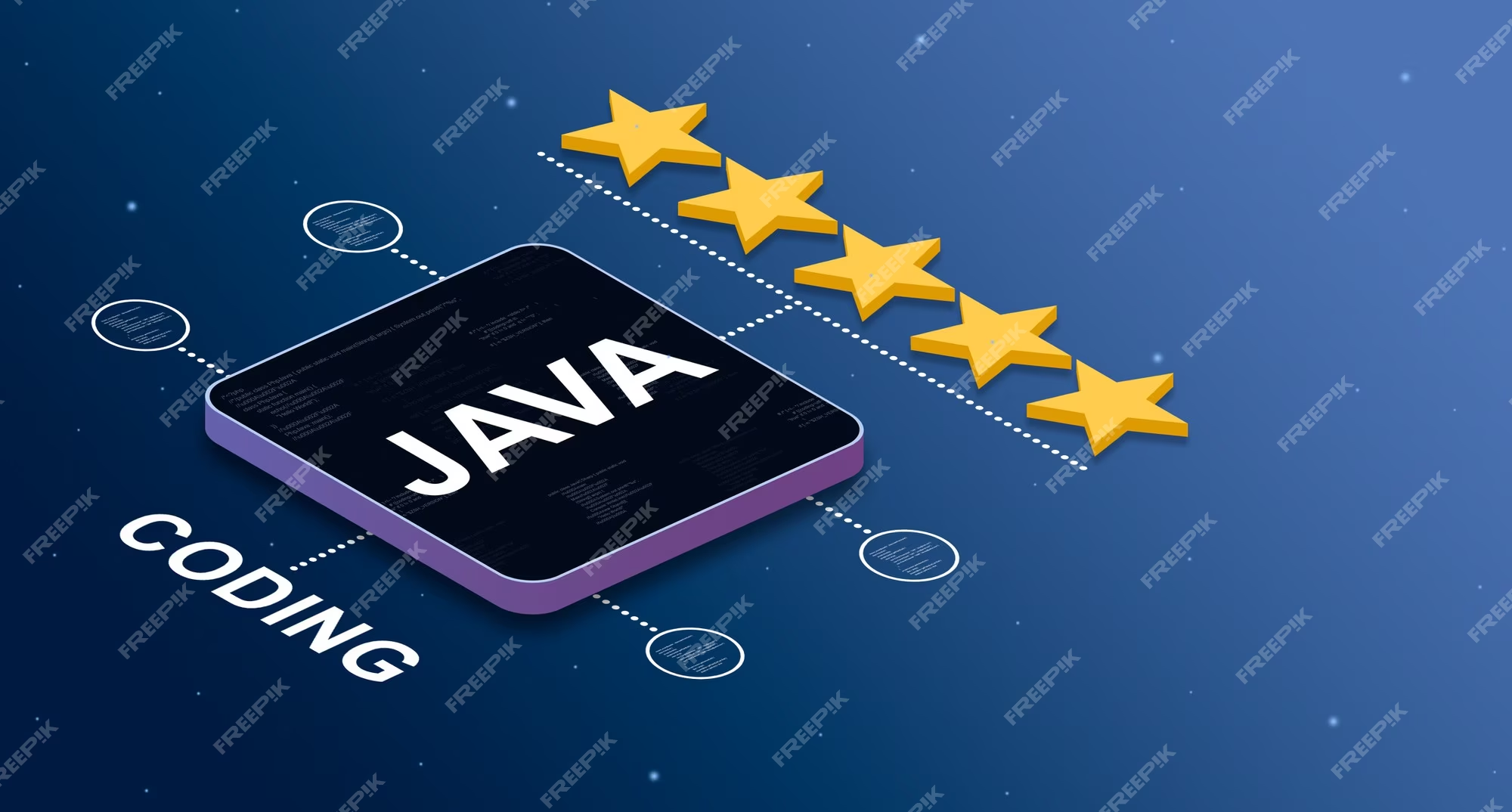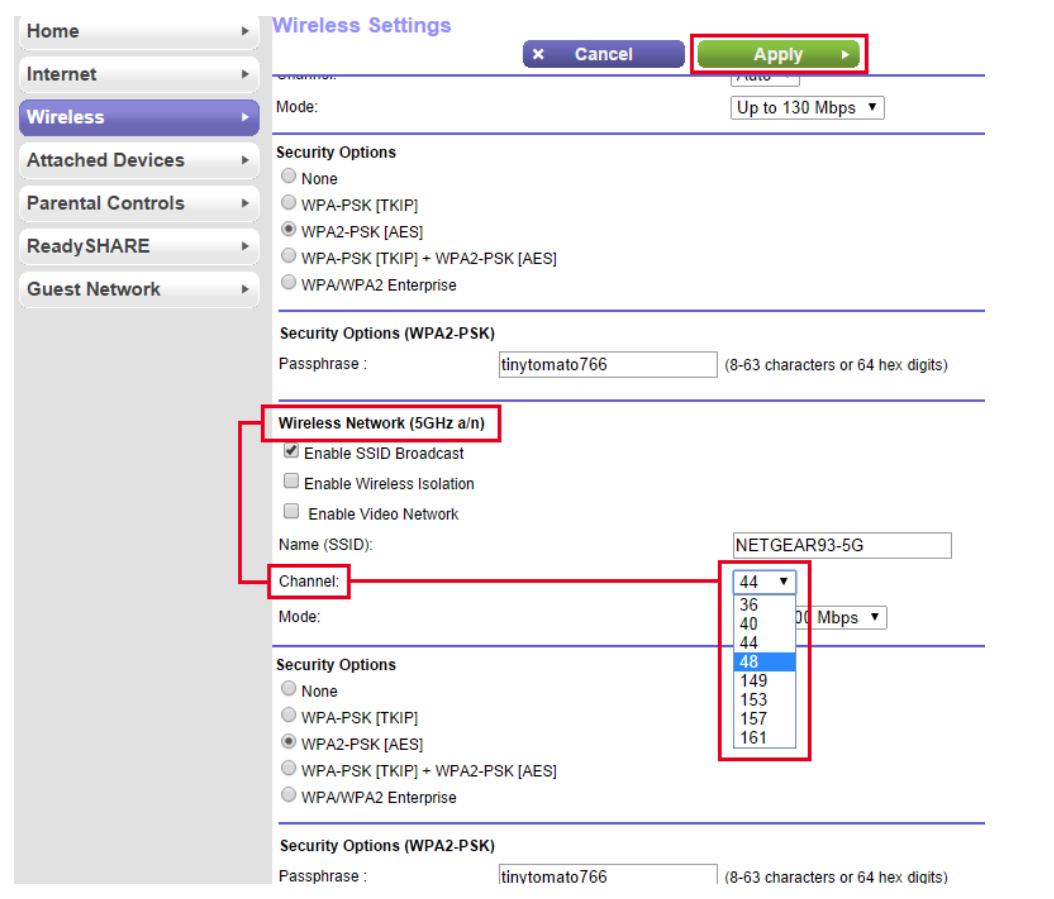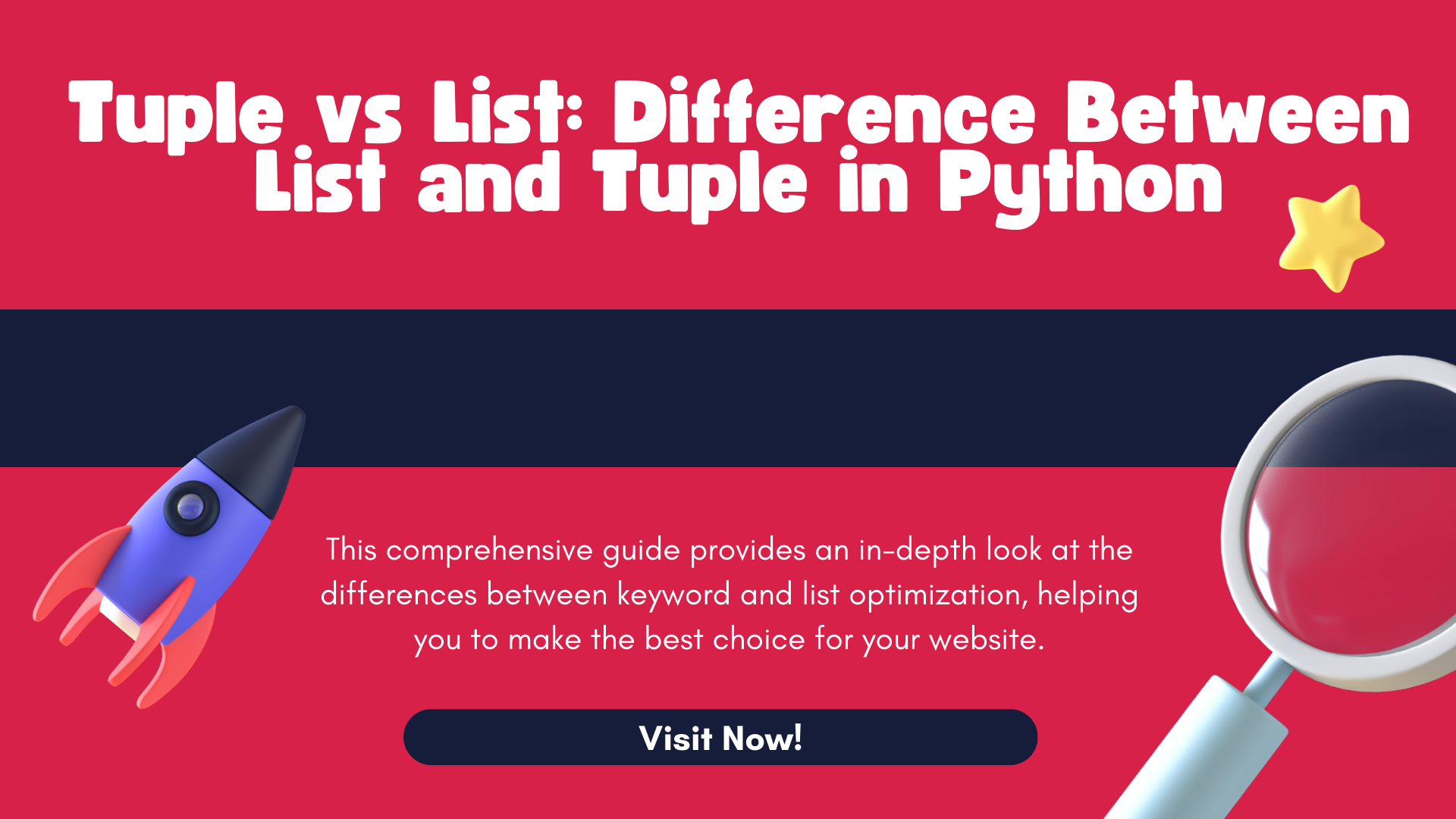In the dynamic realm of web application development, the choice of the underlying framework plays a pivotal role in shaping the success of digital ventures. This exploration navigates the diverse landscape of options, focusing on the intriguing duality presented by MojoPortal and Java Frameworks. As architects of the web, developers and businesses face the intricate decision of selecting the most fitting foundation for their applications, weighing the benefits of user-friendly simplicity against the robust power of Java Frameworks.
At the forefront of this exploration is the symbiotic relationship between a Java Development Company and the omnipresent Java programming language. Java, celebrated for its object-oriented architecture and cross-platform capabilities, forms the backbone upon which scalable and adaptable web applications are crafted. As we embark on this journey, we will unravel the inherent strengths of MojoPortal, a user-friendly Content Management System (CMS), and Java Frameworks, with a spotlight on the formidable duo of Spring and Hibernate. This exploration delves into the trade-offs, considerations, and nuanced decision-making processes that developers encounter when faced with the choice of MojoPortal versus the formidable arsenal of Java Frameworks, ultimately illuminating the path to building web applications that stand the test of technological evolution.
Java Development Company: Orchestrating Digital Excellence
Embarking on the journey of web application development often begins with the strategic collaboration with a proficient Java development company. Java, a cornerstone in the programming world, boasts an object-oriented structure and unmatched portability, making it an ideal choice for crafting scalable and resilient web applications.
The synergy between a forward-thinking Java development company and the inherent strengths of Java establishes a solid foundation for success. With a vast ecosystem of libraries and frameworks, Java empowers developers to create feature-rich web applications that can adapt to evolving industry standards.
MojoPortal: Empowering Users with Simplicity
Positioning itself as an accessible CMS, MojoPortal caters to a diverse range of users, from novices to seasoned developers. Its modular architecture seamlessly integrates features such as blogs, forums, and e-commerce capabilities, providing a comprehensive toolkit for web development. MojoPortal’s simplicity becomes a valuable asset for small to medium-sized enterprises seeking a quick and user-friendly online presence.
However, MojoPortal’s simplicity may pose limitations for larger enterprises requiring extensive customization and scalability. It is in this space that Java frameworks step in, offering a more comprehensive toolkit for developers to create intricate solutions tailored to specific business needs.
Java Frameworks: The Pillars of Scalability and Customization
Java frameworks, exemplified by Spring and Hibernate, embody scalability, reliability, and extensibility. They serve as a robust foundation for crafting enterprise-level web applications, providing developers with the flexibility to create tailored solutions aligned with unique business requirements.
Spring, with its modular architecture, simplifies the development process by allowing developers to choose and integrate components as needed. Hibernate excels in data handling, making it an ideal choice for applications requiring intricate database interactions.
The versatility of Java frameworks becomes evident when customization, scalability, and maintainability are paramount. For enterprises demanding a high level of control over their web applications, Java frameworks emerge as the preferred choice.
Choosing Between Accessibility and Power
The decision between MojoPortal and Java frameworks hinges on the specific requirements of the project. MojoPortal’s simplicity and ease of use make it ideal for projects with a straightforward scope and a need for rapid deployment. Conversely, Java frameworks are the go-to solution for enterprises requiring intricate, scalable, and customizable applications.
The choice between these platforms requires a meticulous evaluation of project goals, scalability needs, and the desired level of customization. For projects with a focus on accessibility and quick deployment, MojoPortal may be the preferred choice. In contrast, Java frameworks offer the power and flexibility needed for complex, large-scale enterprise applications.
Navigating the Role of a Java Software Development Company
In the dynamic realm of web development, Java software development companies play a pivotal role in shaping the digital landscape. These entities leverage the capabilities of Java frameworks, utilizing their expertise to craft cutting-edge web applications aligned with industry best practices.
As we delve into the realm of Java software development company, it becomes apparent that their contribution extends beyond mere coding. Their proficiency ensures that projects are built on a solid foundation, incorporating the latest industry standards for performance, security, and scalability.
Striking the Right Balance: MojoPortal, Java Frameworks, and Beyond
In the ongoing debate between MojoPortal and Java frameworks, the key lies in striking the right balance. MojoPortal excels in simplicity and accessibility, making it an excellent choice for projects with modest requirements. However, for enterprises seeking the pinnacle of scalability, customization, and long-term viability, Java frameworks are the answer.
The interplay between MojoPortal and Java frameworks underscores the nuanced approach required in web application development. Whether opting for the user-friendly MojoPortal or the robustness of Java frameworks, success lies in aligning technology with the overarching goals of the project.
Conclusion
In the intricate tapestry of web application development, the exploration of MojoPortal versus Java Frameworks unveils a dichotomy that encapsulates the essence of building digital landscapes. As we draw the curtains on this journey, the resounding theme echoes the necessity for a nuanced and strategic approach in selecting the right foundation.
MojoPortal, with its user-friendly charm and accessibility, beckons those seeking swift deployment and simplicity. On the flip side, Java Frameworks, exemplified by the robust Spring and Hibernate duo, stand as stalwarts for enterprises demanding scalability, customization, and long-term viability.
The optimal choice lies not in a binary decision but in striking a delicate balance between accessibility and power. This exploration has underscored the significance of collaboration with a Java Development Company, harnessing the capabilities of Java frameworks, and considering the unique requirements of each project.
As the digital landscape evolves, the synthesis of user-friendly MojoPortal and the commanding capabilities of Java Frameworks, guided by the expertise of a Java software development company, emerges as a beacon for success. The intricate dance between simplicity and complexity defines the future of web applications, reminding us that the art of building in the digital realm is a continual journey of adaptation and innovation.




